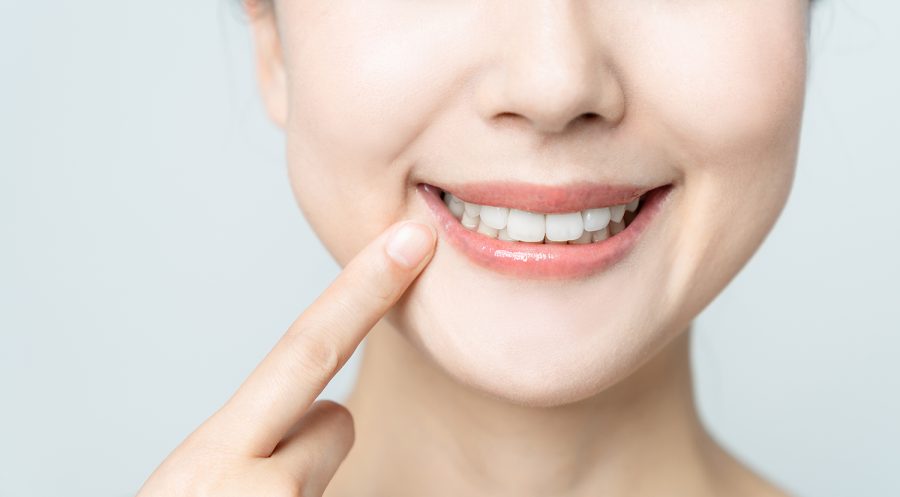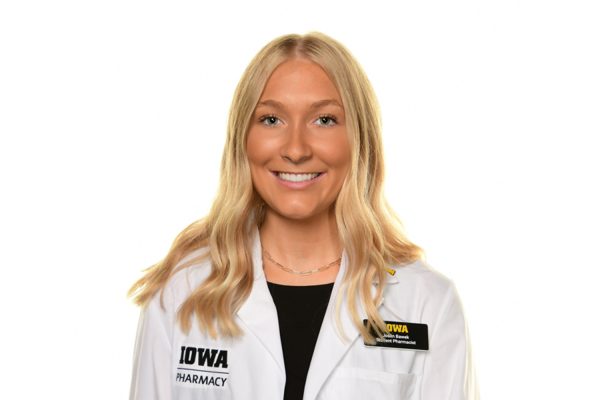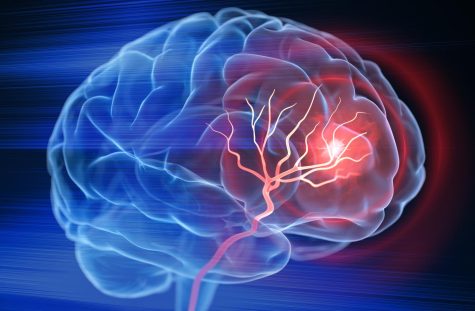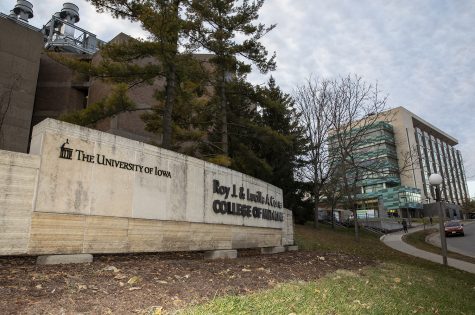Guest Opinion | Doctor is In: Preventive Dental Care: What is it?
Along with brushing and flossing, some of the best measures to take for strong oral hygiene lie in the prevention of infections and cavities before they start through routine check ups by your dentist.
Courtesy of Getty Images.
October 31, 2021
Oral health is a critical part of overall well-being. Optimal oral health is achieved through daily self-care, proper diet, and regular visits to a dental professional.
Early adulthood may be a time where self-care routines can change for many reasons, including recent independence from home, changes in financial status, and/or transportation. One study showed that nearly a third of studied college students (31.3 percent) had a current untreated dental health issue.
This statistic highlights the importance of spreading awareness surrounding preventative dental care. This article talks about how cavities form, defines preventative dental care, and dental resources available to you.
Understanding cavities (make subheads, acumin pro condensed black, 11pt)
One of the biggest concerns for patients walking into a dental office is having cavities or other forms of tooth decay.
Cavities occur when plaque, a thin film of bacteria, covers the teeth. These bacteria convert the sugars you drink into an acidic byproduct that breaks down tooth enamel.
If plaque is not cleaned off soon enough, it can harden into a substance called tartar/calculus. Calculus build-up can spread below the gum line, making the teeth harder to clean. Only a dental health professional can remove the calculus that builds up.
Nevertheless, with preventive dentistry, you can minimize your risk of developing these dental complications.
Diet
Keep the consumption of sugary foods and beverages to a minimum. If you choose to drink sugary drinks, finishing them in less than 30 minutes is a good goal to set.
This limits the time for bacteria to attack the acidic environment in your mouth. If you’re sipping on sugary beverages throughout the day, it’s a good idea to rinse and drink water intermittently to help cleanse the oral cavity.
Foods eaten during a meal can cause less harm to teeth than eating snacks throughout the day. More saliva is released during a meal which helps wash foods from the mouth and lessens the effects of acids.
Importance of preventive dental care
Preventive dentistry is dental care that helps maintain good oral health. It’s a combination of regular dental check-ups as well as the development of good habits like brushing and flossing.
Prevention is the first and most important part in maintaining strong oral health. This is accomplished by a combination of practices such as:
- Regular oral exams/cleanings (~6 months): Dentists can get to areas in your mouth that aren’t accessible by brushing and flossing
- Teeth cleaning (brushing twice a day and flossing once a day)
- Routine X-rays: These are important in diagnosing cavities or other problems in the oral/maxillofacial regions that may not be visible with a regular oral exam.
Dental Resources available to University of Iowa students
Available free dental resources include Iowa Mission of Mercy, the UI College of Dentistry, and Free Clinics of Iowa.
-Ankur Parupally, third-year dental student, Class of 2023













